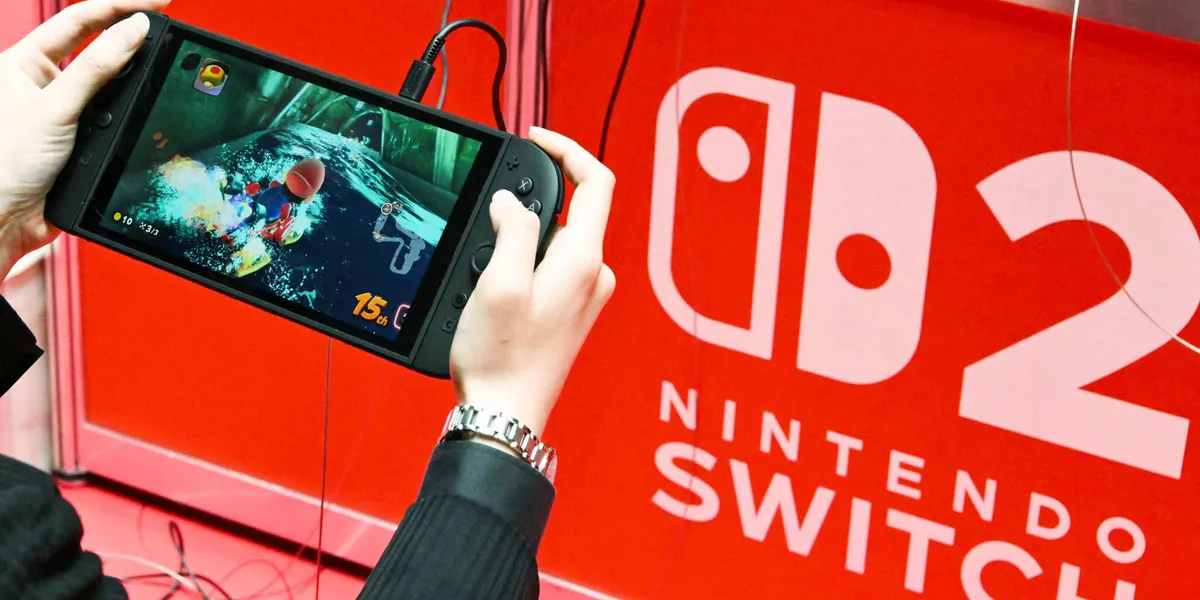
In recent developments, the ongoing trade war between the United States and China is poised to significantly affect Nintendo's Switch 2 and other gaming consoles manufactured in China. This comes in light of the U.S. government's recent announcement regarding exemptions for certain tech products, including smartphones and notebook computers, from the reciprocal tariffs imposed by former President Donald Trump.
Despite these exemptions, an internal assessment memo from a prominent supplier for major brands like Apple and Nintendo, which was reviewed by Nikkei Asia, indicates that video game consoles are still facing a staggering 145% U.S. tariff on goods produced in China. This situation creates a challenging environment for companies looking to launch new gaming products, including the highly anticipated Nintendo Switch 2.
The implications of these tariffs are profound. As the gaming industry eagerly awaits the launch of the Switch 2, the elevated costs associated with these tariffs may lead to increased retail prices for consumers. Developers and publishers might also face pressure to absorb some of these costs, potentially impacting the overall gaming ecosystem.
As the trade war continues to evolve, the landscape for gaming consoles may see further changes. Companies might need to explore alternative manufacturing locations or adjust their supply chains to mitigate the impact of these tariffs. The gaming community is keenly watching how these developments unfold, particularly as they relate to the future of consoles like the Nintendo Switch 2.
In conclusion, the intersection of trade policies and the gaming industry presents a complex challenge. Whether it leads to innovation in manufacturing or changes in product pricing, the outcome will undoubtedly shape the future of gaming in significant ways.